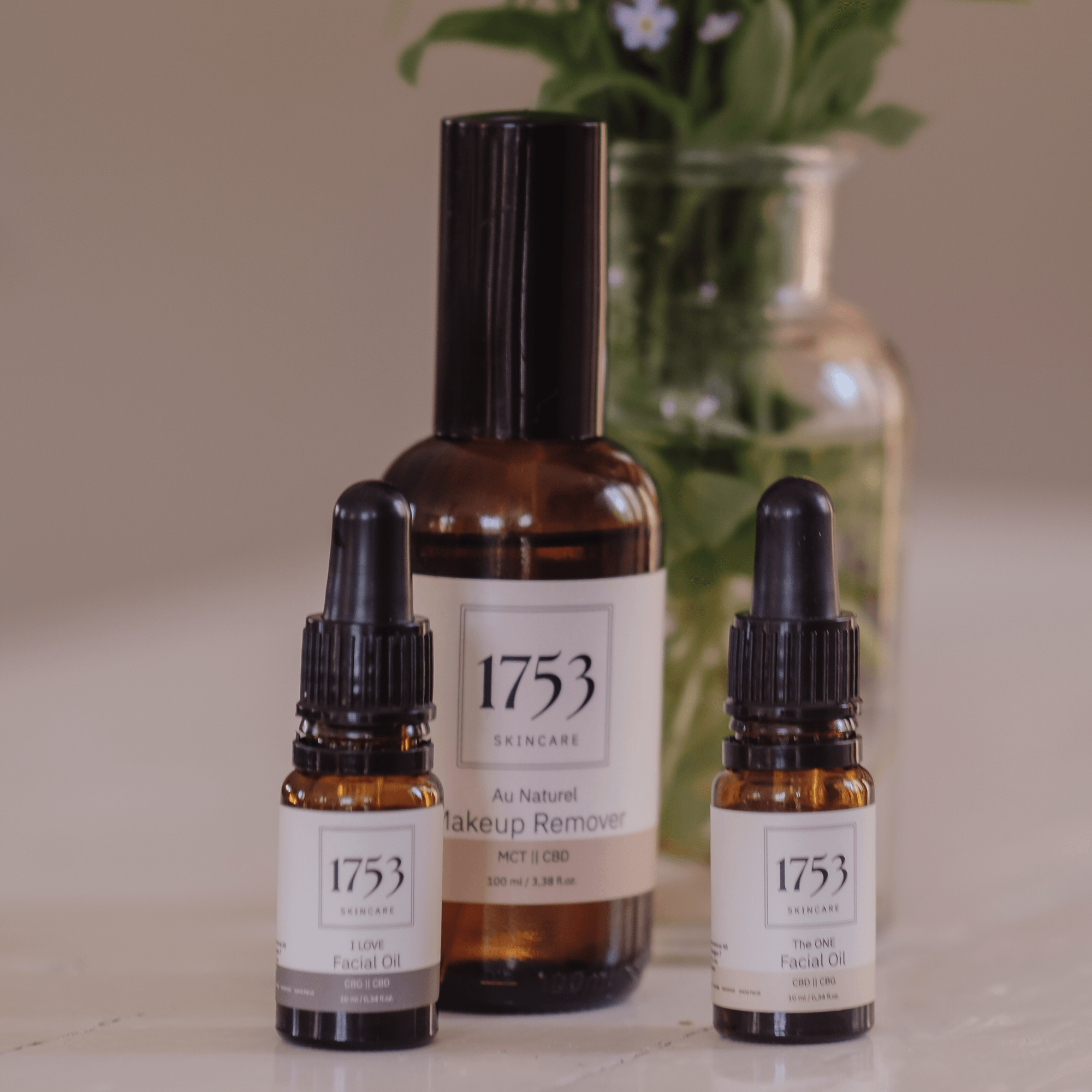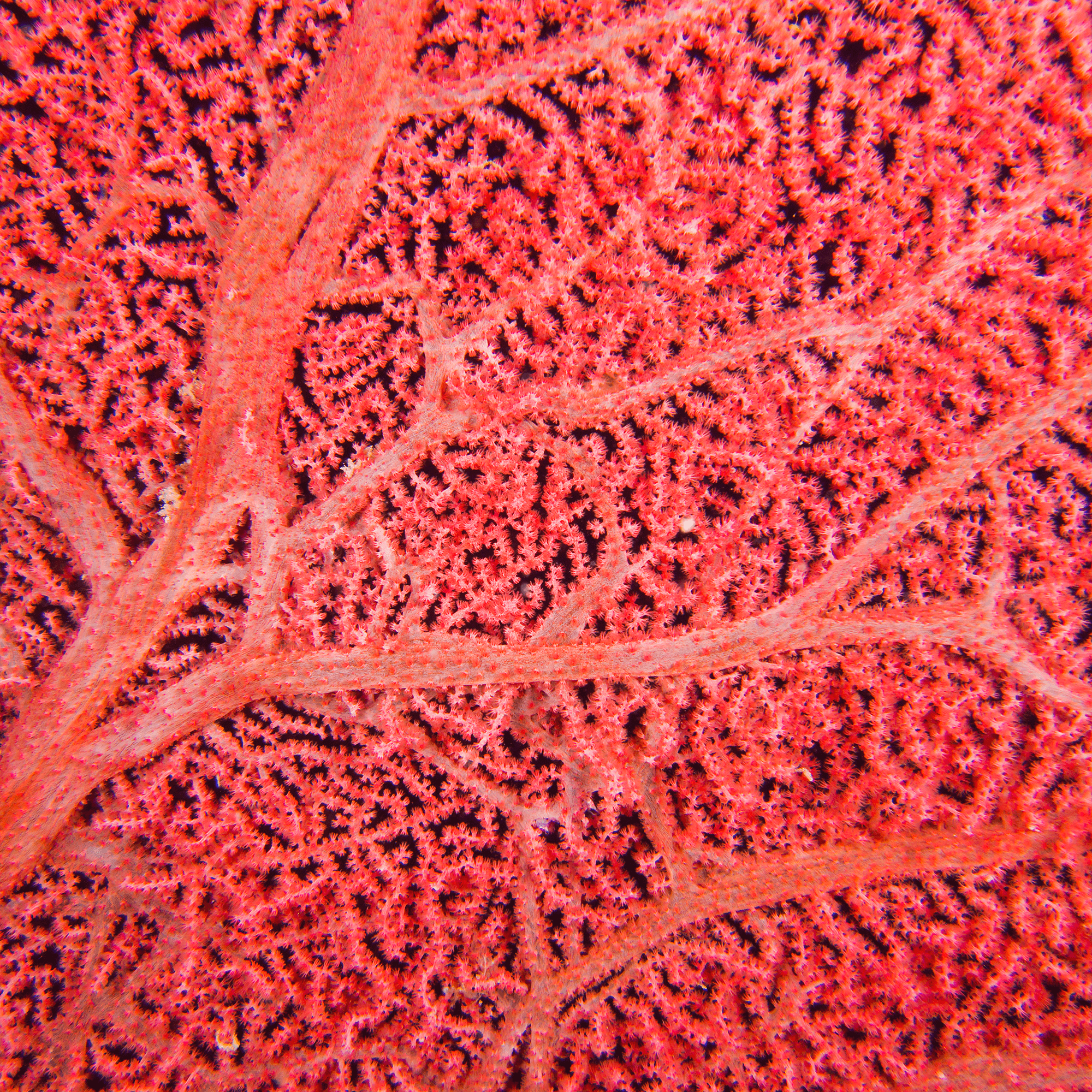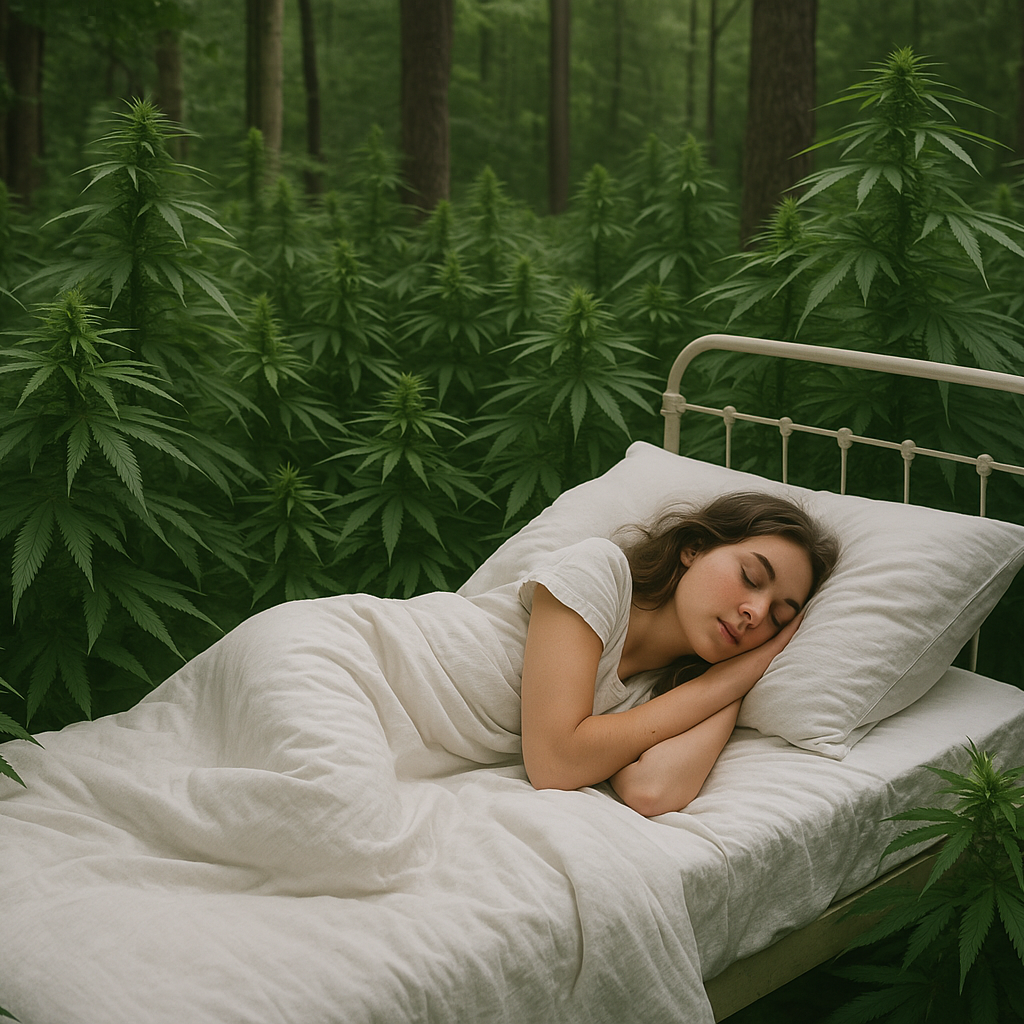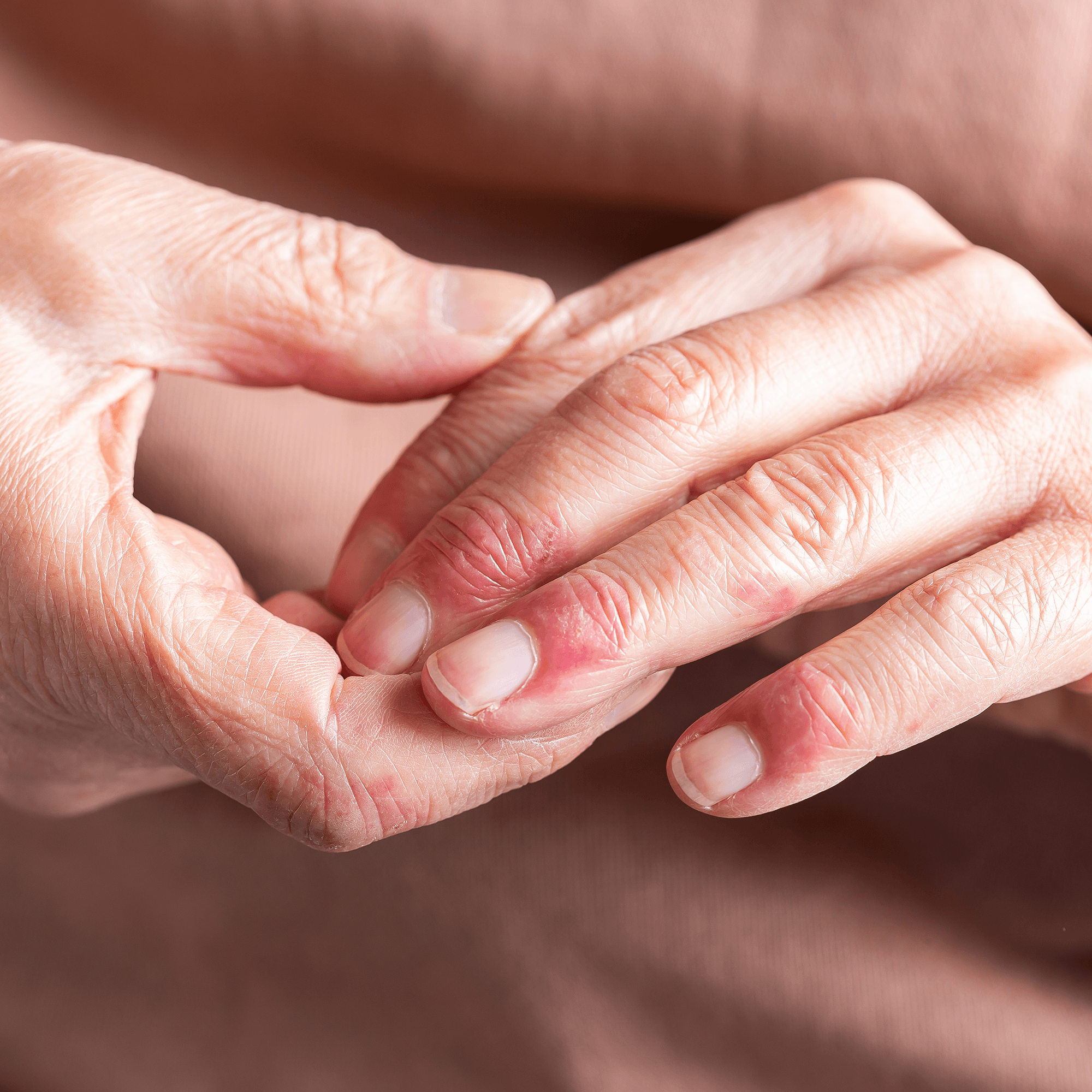What is collagen?

Collagen is a term that frequently comes up when we talk about skincare, and it's not surprising. Collagen is what gives our skin its strength and elasticity, helping us maintain a youthful appearance. But what exactly is collagen, and what happens to it as we age?
Collagen is a protein found throughout our body—in the skin, tendons, ligaments, and other connective tissues. It is composed of three chains that twist together to form a triple helix, making collagen incredibly strong. There are different types of collagen, but the most common in our skin are type I and III.
Collagen is produced by cells called fibroblasts in the dermis, the middle layer of the skin. The production begins when genes in the cell nucleus transcribe collagen, and then procollagen molecules are created in the cell's endoplasmic reticulum. After several modifications, these molecules are transported out of the cell, where they are transformed into mature collagen and form strong fibers that provide the skin with its structure.
However, as we age, collagen production decreases. This decline can begin as early as our 20s or 30s. Several factors contribute to this reduction, including our genetic makeup, hormonal changes, environmental factors, and lifestyle. Our genes influence how quickly we lose collagen. Hormonal changes, particularly the decrease in estrogen in women after menopause, can also accelerate this process. UV rays from the sun are a major culprit because they break down collagen and damage the cells that produce it. Smoking and pollution exacerbate the situation by increasing the amount of harmful free radicals in our skin. Poor dietary habits, lack of sleep, and stress also affect our ability to produce and maintain collagen.
When we lose collagen, the skin becomes less elastic and firm, leading to wrinkles and fine lines. The skin also thins and becomes more fragile. Additionally, the skin loses its ability to retain moisture, making it feel drier and less radiant. Lost collagen can also weaken the skin's barrier, making us more vulnerable to damage and infections.
So, how can we support collagen production and keep our skin healthy and youthful for longer? Part of the answer lies in taking care of the skin's microbiome and endocannabinoid system.
The microbiome is a layer of billions of microbes (bacteria, viruses, fungi, protists, etc.) that live on our skin and play an essential role in maintaining its health. By using products that support the microbiome, such as prebiotic skincare products, we can create an environment where collagen production thrives. These products help balance the skin and protect it from harmful bacteria.
The endocannabinoid system is a network of receptors in our skin that helps regulate various processes, including inflammation and oil balance (sebum). By using skincare products that contain cannabinoids like CBD and CBG, we can support this system and promote a healthy skin environment. CBD and CBG have anti-inflammatory and antioxidant properties that help protect collagen and keep the skin in top condition.
In addition to using the right products, it is essential to eat a healthy diet rich in collagen-supporting nutrients such as vitamin C, copper, and zinc. Citrus fruits, berries, nuts, seeds, and vegetables are excellent choices. Getting enough sleep and reducing stress can also work wonders for collagen production.
Collagen is truly the skin's secret hero, and by taking care of our microbiome and endocannabinoid system, as well as living a healthy lifestyle, we can support our skin and keep it healthy and youthful for longer.
Read more about how to take care of the endocannabinoid system and how this system affects the skin here!
Sources
https://www.ncbi.nlm.nih.gov/pmc/articles/PMC9320090/
https://www.sciencedirect.com/science/article/pii/S1756464620305028
https://www.ncbi.nlm.nih.gov/pmc/articles/PMC2757311/
https://onlinelibrary.wiley.com/doi/epdf/10.1111/fcp.12716




Comments